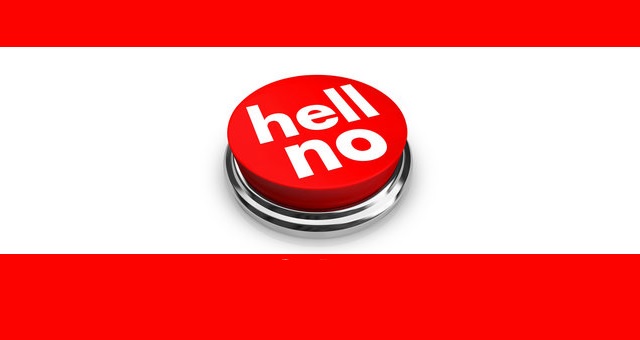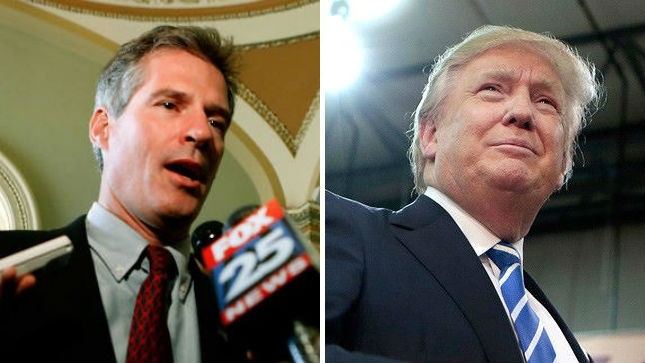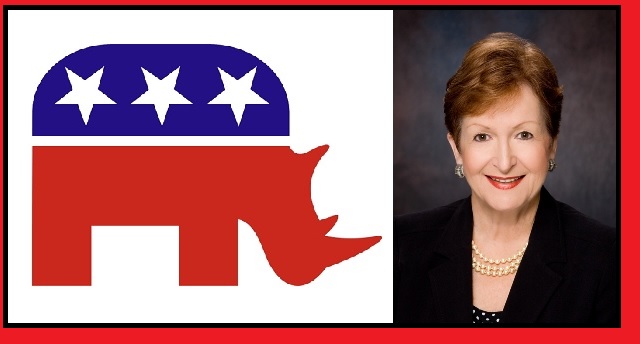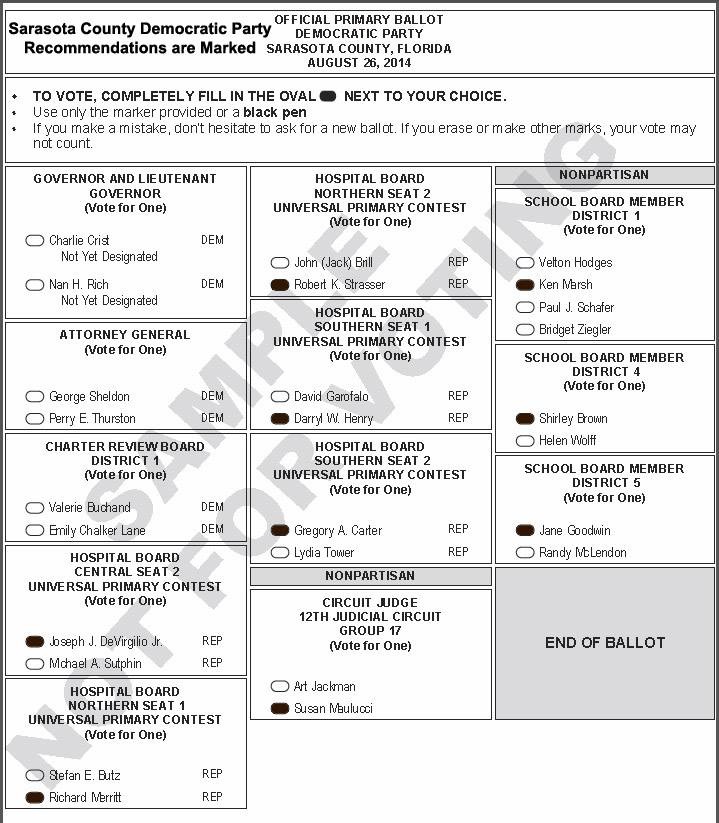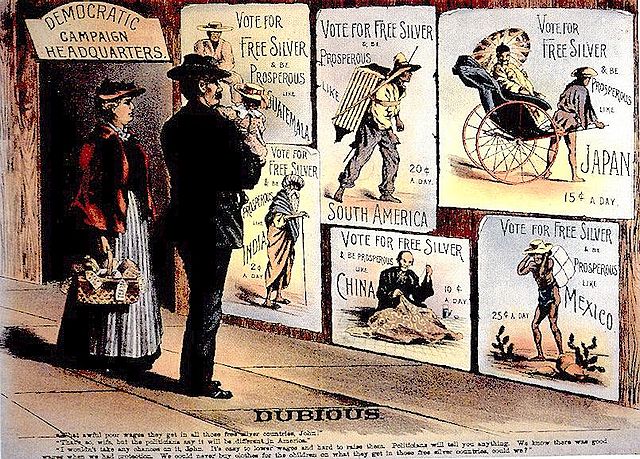RINO group seeks to halt the advance of pro-Trump candidates for 2022 midterm elections
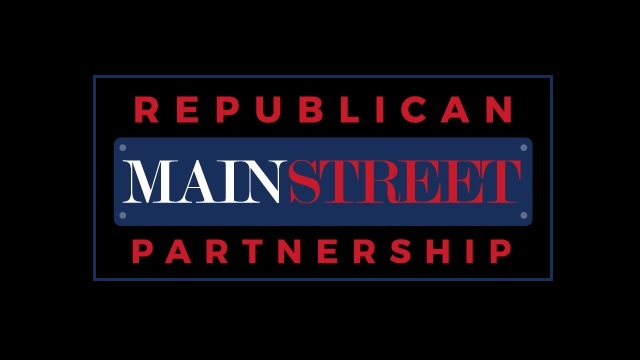
The group is called Republican Main Street Partnership. They want to marginalize pro-Trump candidates for the 2022 midterm elections, in favor of useless Romney like Republican’s who can’t win. It’s the Lincoln Project light. Stay away. Republican Party Chairwomen Ronna McDaniel must denounce these anti-Trump hate groups.
Sounds like another pedo group like the Lincoln Project.
REPORT: Multiple people tell Politico that Trump will soon begin vetting primary candidates at Mar-a-Lago who are eager to fulfill his promise to exact vengeance upon the Establishment GOP.
— Election Wizard (@ElectionWiz) February 20, 2021
‘Centrist’ GOP group promises $25M to win back Congress
By Washington Examiner, February 20, 2021
The centrist Republican Main Street Partnership plans to invest $25 million in swing House districts in 2022 to help the GOP recapture Congress and halt the advance of conservative provocateurs loyal to former President Donald Trump.
Believing the former is impossible without the latter, the group is focused on electing pragmatic, fiscal conservatives in suburban strongholds that shifted blue under Trump, with an emphasis on wooing female voters. The partnership will spend against Democratic incumbents but also play in Republican primaries in open seats, using proprietary polling and focus group data to dictate strategy, messaging, and which districts are targeted.
Sarah Chamberlain, leader of the Republican Main Street Partnership, argued Republicans win elections that are contrasts in policy, pointing to the dozen House seats the GOP flipped in 2020. Even Trump’s agenda, she said, was generally popular. What causes the party trouble, what cost Trump the White House and Republicans the Senate, is the former president’s polarizing personality and the controversial candidates who mimic him.
“What happened in this last election cycle, they voted against a man they didn’t like,” Chamberlain said Friday in an interview. “They didn’t vote against his policies; they voted against his tweet messages.”
Chamberlain, president and CEO of the Republican Main Street Partnership, is being advised by Greg Walden, a former two-term chairman of the National Republican Congressional Committee who represented Eastern Oregon in the House for 20 years before retiring in January.
The partnership has been around for nearly a quarter-century and has generally been known as the Beltway group that backs “moderate” Republicans in congressional elections, putting it opposite the handful of prominent GOP-aligned organizations that tries to elevate staunch conservatives. Chamberlain said the group has evolved, saying it is focused on reviving GOP fortunes in the suburbs and describing the kind of Republican it supports as center-right and fiscally conservative.
“I hate the word ‘moderate,’” she said. “But we are willing to work across the aisle.”
In the 2020 election cycle, the Republican Main Street Partnership spent $8 million on congressional races. Some of that cash was invested in Republican primary contests, including in Iowa’s 4th Congressional District, where the partnership backed the candidate challenging incumbent Steve King. The group also put resources into open-seat GOP primaries in Oregon’s 2nd Congressional District and Michigan’s 10th, with both partnership-backed candidates winning their respective nominations and advancing to Congress.
In the 2022 midterm elections, the group plans to triple what it spent the previous two years, with much of the investment channeled through its affiliated super PAC: Defending Main Street. In addition to House races, the partnership plans to expand into Senate contests, beginning with Sen. Todd Young, who is up for reelection in Indiana and is one of 52 Republicans on Capitol Hill who have been backed by the group over the years.
All of that work will be supported by data gleaned from the partnership’s homegrown roster of “a few thousand” mostly suburban voters who live in key districts across the country. They have agreed to participate in polling the group conducts on a monthly basis and join focus groups. The partnership also deploys field staff to knock on doors and interview voters directly. All of that information shapes advertising through television, digital platforms, and direct mail.
The Republican Main Street Partnership conducted an autopsy of the 2020 campaign.
RELATED ARTICLES:
POLL: Vast Majority Of GOP Voters Say Leaders Should Be “More Like President Trump”
EDITORS NOTE: This Geller Report column is republished with permission. ©All rights reserved. Quick note: Tech giants are snuffing us out. You know this. Twitter, LinkedIn, Google Adsense permenently banned us. Facebook, Twitter, Google search et al have shadowbanned, suspended and deleted us from your news feeds. They are disappearing us. But we are here. Help us fight. Subscribe to Geller Report newsletter here — it’s free and it’s critical NOW more than ever. Share our posts on social and with your email contacts.




